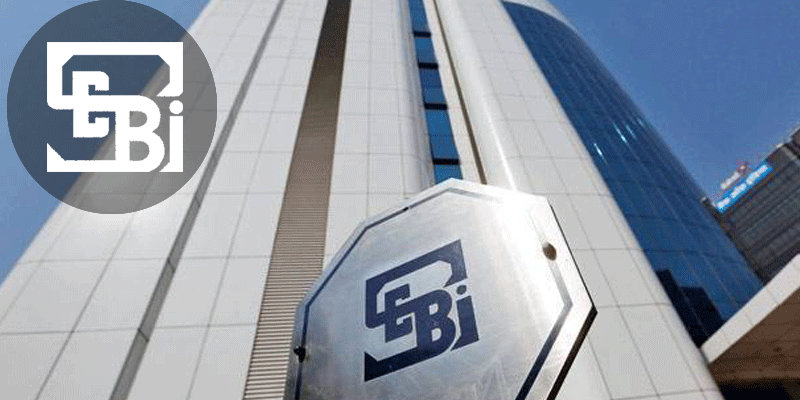SEBI, the capital market watchdog, wants to curb the misuse of clients’ power of attorney (PoA) by stockbrokers. SEBI has come out with fresh guidelines wherein execution of new documents is compulsory for the transfer of securities towards deliveries and settlement. SEBI’s new policies are effective from 01 July 2022 to prevent the misuse of PoAs by stockbrokers. Let’s understand how SEBI’s new guidelines stop the abuse of the Client’s PoA.
How is SEBI preventing the misuse of the Client’s PoA
After SEBI’s new guidelines, PoA cannot be executed for two purposes. Moreover, the execution of the document DDPI – Demat Debit and Pledge Instruction will be applicable for pledging and repledging of securities.
According to the circular under DDPI, clients will explicitly agree to authorise stockbrokers and depository participants to access their beneficiary ownership accounts. It is only for the limited purpose of meeting the pay-in obligations to settle trades executed by them.
Moreover, DDPI would be limited only to two purposes. For instance, one is for securities transfers held in the account of the client’s beneficial owner for stock exchange related deliveries or settlement of trade obligations executed by clients.
The other purpose is to pledge and repledge securities in favour of clearing members and trading members to meet clients’ margin requirements. DDPI serves the same purpose as PoA and mitigates the misuse of PoA. Clients could use the DDPI or opt to finish the settlement by issuing the physical DIS (Delivery Instruction Slip) or Electronic Delivery Instruction Slip themselves.
According to SEBI, existing PoAs remain valid until the client revokes them. Depository participants and stockbrokers cannot indirectly or directly compel clients to execute the DDPI. Moreover, these entities cannot stop services to clients if they do not execute the DDPI.
The DDPI must be executed if the client provides explicit consent, including internet-based trading. Moreover, the DDPI must be adequately stamped and could be signed digitally by clients.
According to the SEBI circular, stockbrokers and depository participants cannot insist on the PoA when opening a client’s account. Moreover, a clause is incorporated under subheadings ‘Additional Rights And Obligations’ of the Rights and Obligations Document.
Depositories must confirm the securities transfer with clients’ net delivery obligations arising from the trade executed on the stock exchange. Clearing Corporations will provide the information to depositories for every settlement date. Moreover, this is for the execution of DDPI to fulfil delivery and settlement obligations before executing the actual transfer of securities, depending on the details provided by stockbrokers and depository participants.
SEBI has stated that securities transferred based on DDPI provided by clients must be credited to the client’s member trading pool account. The DDPI given by the client would be registered in the client’s Demat Account by the clearing and trading members.
SEBI has asked depositories and stock exchanges to ensure that depository participants and stockbrokers offering DDPI facilities have enabled their clients to cancel or revoke their DDPI. In a nutshell, SEBI has come up with multiple rules and regulations to prevent the misuse of investors’ money by stockbrokers and other entities.
For any clarifications/feedback on the topic, please contact the writer at cleyon.dsouza@cleartax.in

I write to make complicated financial topics, simple. Writing is my passion and I believe if you find the right words, it’s simple.





